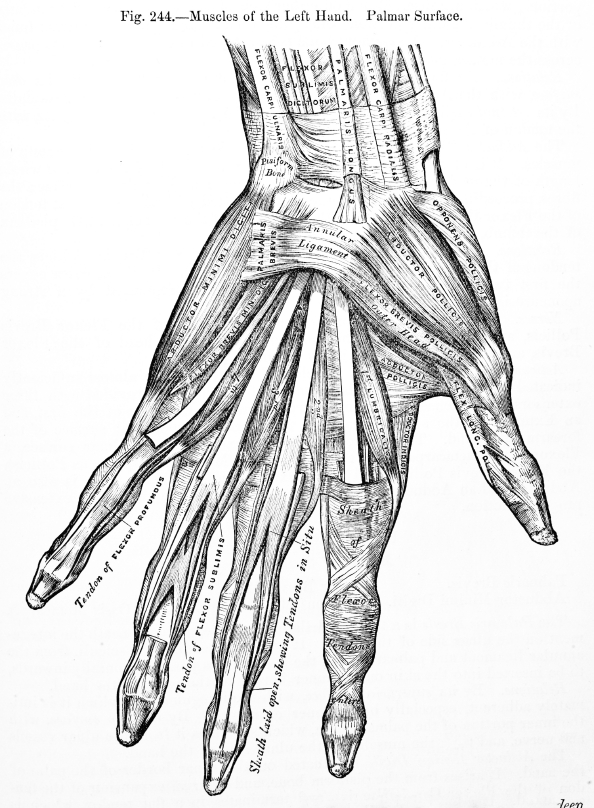Part 3 - Anatomy of a Big-Time Non-Compete Dispute

Over the past few days, we’ve been covering the non-compete dispute between American Realty Capital Properties, Inc. (ARCP) and the Carlyle Group LP and Jeffrey Holland. (Here are Part 1 and Part 2 of our series in case you need to catch up). It’s time to end the suspense and tell you how the judge, the Honorable David Campbell of the U.S. District Court for the District of Arizona, resolved the dispute.
Judge Campbell issued his ruling on the same day as the oral argument, denying ARCP’s request for a temporary restraining order against Carlyle and Holland. He decided that ARCP had not made the necessary showing of a “likelihood of success on the merits” of its claim that Holland would violate his employment agreements by marketing Carlyle’s investment products. It said that Holland’s “non-solicitation provisions appear[ed] to be unreasonably broad,” because “read literally, they would prevent Defendant Holland from soliciting any form of business from any client of Plaintiff, anywhere in the world.” Further, the applicable Maryland and Arizona law did not allow the court to “blue pencil” these provisions – i.e., to rewrite them to be legally enforceable. Similarly, the confidentiality provisions in Holland’s agreements were also too broad to enforce, because they would have forever prohibited Holland from using any information related to ARCP’s customers.
The ARCP-Carlyle-Holland saga involves a couple of additional twists. Soon after the ruling, ARCP dismissed its Arizona case without prejudice. It then filed an identical case in New York for breach of contract. Carlyle and Holland moved for attorneys’ fees in Arizona, relying on an Arizona statute that allows a successful party to recover “reasonable attorneys’ fees in any contested action arising out of contract.” The court awarded Carlyle and Holland $46,140 for five days of attorney work (of the $134,182 they sought).
Thus, Carlyle and Holland won the battle, with some additional compensation for their troubles thanks to Arizona law. However, the war over Holland’s work for Carlyle is now raging in a different forum.
Information provided on InsightZS should not be considered legal advice and expressed views are those of the authors alone. Readers should seek specific legal guidance before acting in any particular circumstance.
As the regulatory and business environments in which our clients operate grow increasingly complex, we identify and offer perspectives on significant legal developments affecting businesses, organizations, and individuals. Each post aims to address timely issues and trends by evaluating impactful decisions, sharing observations of key enforcement changes, or distilling best practices drawn from experience. InsightZS also features personal interest pieces about the impact of our legal work in our communities and about associate life at Zuckerman Spaeder.
Information provided on InsightZS should not be considered legal advice and expressed views are those of the authors alone. Readers should seek specific legal guidance before acting in any particular circumstance.




